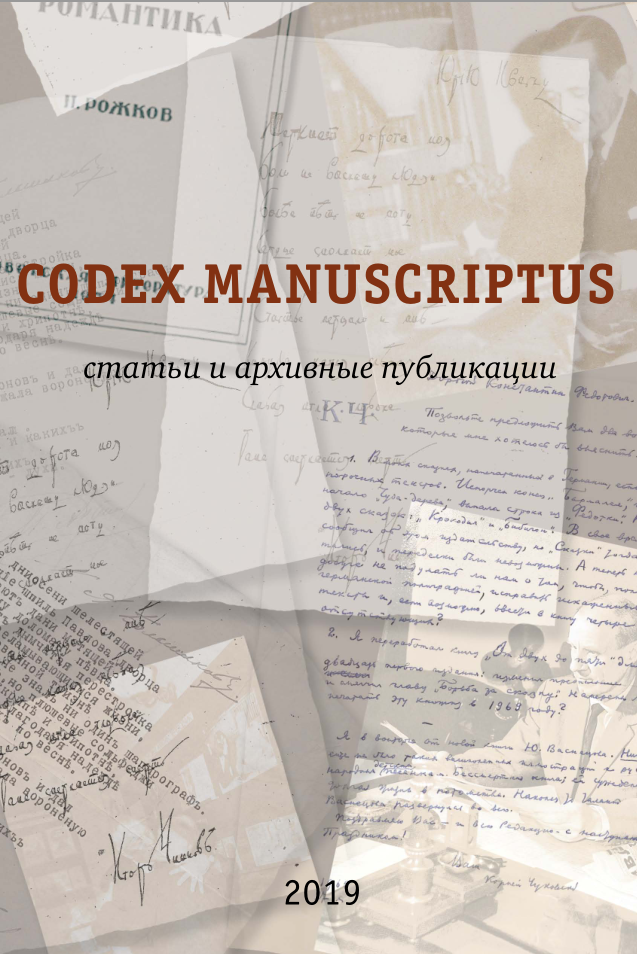Abstract:
Viktor Ivanovich Mozalevsky (1889–1970) is one of the unjustifiably forgotten writers of the first third of the twentieth century. The article examines Mozalevsky’s first prose collection “Fantastic Stories” (1913), explores its fantastic component. The main attention is paid to the analysis of three stories (“Vivea”, “Toy”, “Eolina and Makarei”), other short stories are mentioned in connection with specific theoretical constructions. Based on the material of the selected stories, the mechanism of connecting the miraculous and the mundane in the narrative fabric is interpreted. It is noted that Mozalevsky uses the possibilities of storytelling about the amazing and extraordinary, storytelling of a fairy-tale type, combines within one text different in nature fantastic narratives. Forcing the hero to balance on the border between the real and unreal worlds, and sometimes violate it, the author emphasizes the importance of the unreal world. It is emphasized that the “roots” of Mozalevsky’s ideas should be sought in the artistic principles of Romanticism. The analysis of the collection in the chosen key allows us to comment on its structural unity, clarify and deepen the existing scientific knowledge about the phenomenon of the fantastic in the literature of the turn of the century.






